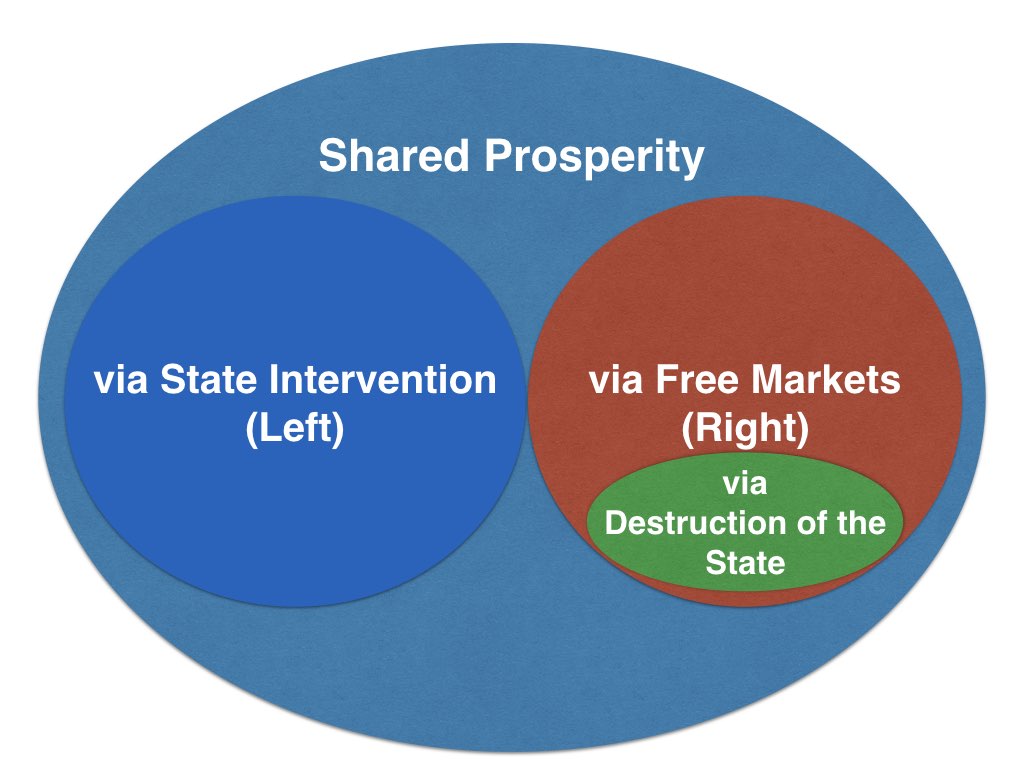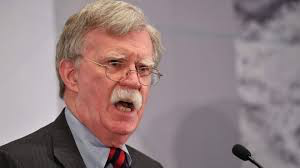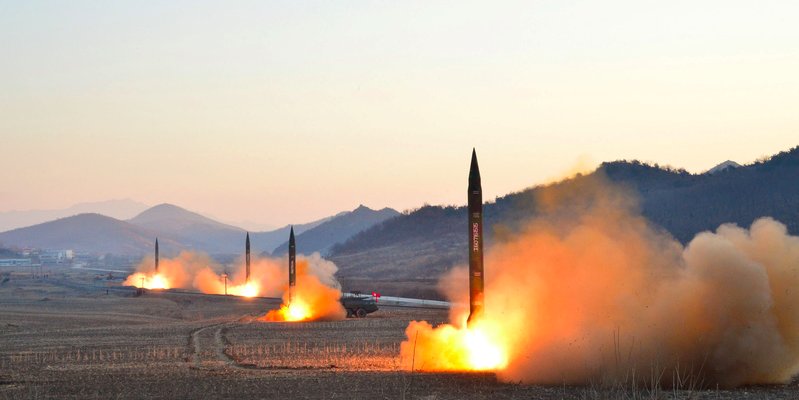 The on-going clash between left and right is putting at risk the stability of Constitutional democracy, the rule of law, peace, and prosperity. Conservatives and Liberals must stop shouting at each other long enough to notice and protect more important shared values, and to halt the destruction of institutions in motion now that threatens to destroy us all.
The on-going clash between left and right is putting at risk the stability of Constitutional democracy, the rule of law, peace, and prosperity. Conservatives and Liberals must stop shouting at each other long enough to notice and protect more important shared values, and to halt the destruction of institutions in motion now that threatens to destroy us all.
Left and right speak to some common goals including shared prosperity, and respect for democracy and the rule of law. Where left and right part is the means. Left sees state intervention on behalf of those who struggle as the means to shared prosperity, whereas right sees less fettered market forces as the means to shared prosperity.
Neocons and demagogues push the right a fatal step further – they see the destruction of the state as legitimate means to an end. Economic self-interest has been perverted into hostility to the state, hostility to foreigners, and hostility to stabilizing international norms and institutions. For some conservatives, it has been a convenient rhetorical tool to sell limited taxation and regulation at the ballot box. However most conservatives never sought to destroy the institutions of democracy.
Now, reap the whirlwind. The destruction of the state and the rise of demagogues is a danger to all, right and left.
[H]istory tells us where this leads – demonizing foreigners, domestic political opponents, and the judiciary, domestic strife, calls to violence, and the inevitable final refuge of struggling dictators – war
That brings us to Thomas Picketty, whose simple and unassailable observation about income and wealth reveals a dangerous failure to deliver on the promise. Left and right can debate why until the cows come home. What’s undeniable is that the status quo isn’t working well enough for too many of us. That is an unstable situation, and it is a fundamental threat to peace, prosperity and democracy.

The #1 most pressing problem is that left and right are dissipating all their energies debating the means to prosperity, and are missing out on the far more important shared concern. Demagogues and authoritarians seek to destroy the state as a path to free markets and personal power. They will take us all down with them if we do not act. The green elephant in the room (above) threatens to destroy us all.
The hope is in a faith that unites many: Constitutional democracy, rule of law, state institutions, the international security architecture, and a kind of global integration good for all. This is where we must turn our attention.
This is a call for good people on the right and left to put aside the questions that divide, for a time, and turn to the far more urgent problem – how do we preserve Constitutional democracy, the international security architecture, peace, and human decency against the rising tide of nationalism, foolish demagoguery, authoritarianism, and ill-informed or malevolent leadership?
If we don’t act, history tells us where this leads – demonizing foreigners, domestic political opponents, and the judiciary, domestic strife, calls to violence, and the inevitable final refuge of struggling dictators – war.
Don’t wait until it’s too late.
Read Full Post »



 After a year of Trump, there’s a dangerous tendency to believe it wasn’t that bad.
After a year of Trump, there’s a dangerous tendency to believe it wasn’t that bad.
 The on-going clash between left and right is putting at risk the stability of Constitutional democracy, the rule of law, peace, and prosperity. Conservatives and Liberals must stop shouting at each other long enough to notice and protect more important shared values, and to halt the destruction of institutions in motion now that threatens to destroy us all.
The on-going clash between left and right is putting at risk the stability of Constitutional democracy, the rule of law, peace, and prosperity. Conservatives and Liberals must stop shouting at each other long enough to notice and protect more important shared values, and to halt the destruction of institutions in motion now that threatens to destroy us all.
 How will Trump act out his slogan, “America First”?
How will Trump act out his slogan, “America First”? Donald Trump wants to end
Donald Trump wants to end  “I cannot forecast to you the action of Russia. It is a riddle, wrapped in a mystery, inside an enigma; but perhaps there is a key. That key is Russian national interest.”
“I cannot forecast to you the action of Russia. It is a riddle, wrapped in a mystery, inside an enigma; but perhaps there is a key. That key is Russian national interest.”  It’s time to switch sides, to utilize Assad and his government as a means to defeat the Islamic State, and to cooperate with Russia to do it. How do you do that without being seen to renounce the prior policy?
It’s time to switch sides, to utilize Assad and his government as a means to defeat the Islamic State, and to cooperate with Russia to do it. How do you do that without being seen to renounce the prior policy? It’s no surprise that those who advocated perpetual war, a war on “terror”, whoever that is, with no definable victory or end, war in Iraq, Afghanistan, Iran, and so many others, are now making the case for Syria.
It’s no surprise that those who advocated perpetual war, a war on “terror”, whoever that is, with no definable victory or end, war in Iraq, Afghanistan, Iran, and so many others, are now making the case for Syria.